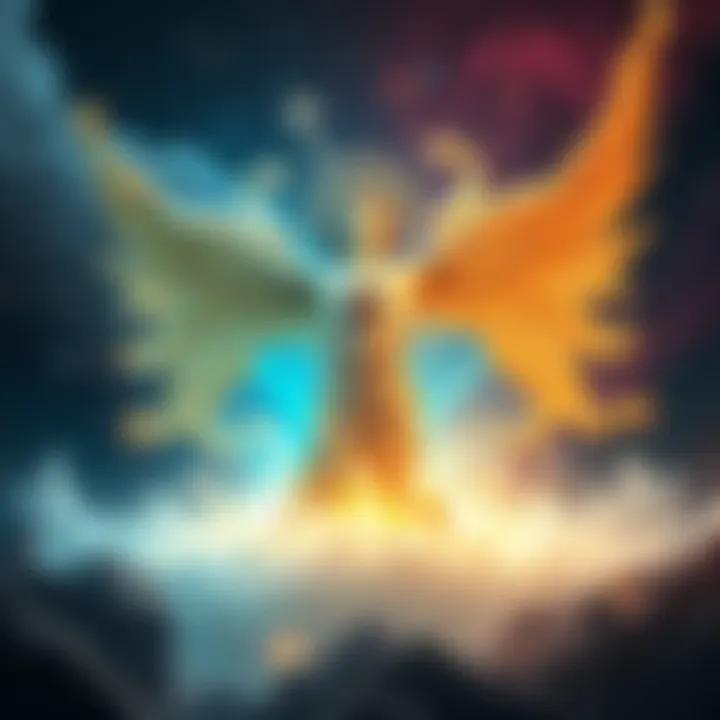Spiritual Debate | Users Question Power of Pleroma Over Demiurge
Edited By
Ethan Cross

A growing discussion on forums is challenging the traditional views of the Pleroma and Demiurge, raising questions about the nature of their roles in our reality. Many are asking if the Pleroma is just as culpable, or worse, than the often-maligned Demiurge.
Context of Controversy
Forums have been buzzing with opinions about the Pleroma's responsibility—or lack thereof—regarding Yaldabaoth's creation of a flawed simulation. The core argument: if the Pleroma is all-powerful, why does it allow suffering?
Voices of Dissent
Many comments reflect a skeptical view of the Pleroma’s role:
"Monad if all seeing and all knowing should stop this madness."
"If they don’t intervene, they’re worse than the Demiurge because it’s said Monad is superior."
Theories suggest the Pleroma is fragmented, creating suffering through its separation from the whole.
Interestingly, users are contemplating the implications of an impersonal source of everything. As one commenter put it, "Expecting it to save us is like jumping out your window and expecting gravity to have mercy." This perspective implies that the Pleroma may lack the ability to intervene, prompting a debate about the nature of existence and free will.
Analyzing Sentiments
The sentiments shared span a mix of frustration and curiosity. While many criticize the Pleroma's inaction, others contemplate deeper existential questions regarding personal responsibility and power dynamics between realms.
Key Insights
♦ Many argue "had the Pleroma wanted to, it could stop the suffering caused by the Demiurge."
▲ Commenters suggest new theories about the nature of energies, citing "the heavenly energies do not mix" as a basis for the lack of intervention.
▽ "Humanity itself seems to be the only intervention taking place"—implying a broader struggle for liberation.
This ongoing dialogue raises essential questions about spiritual responsibility, free will, and the nature of divine intervention, forcing a reevaluation of long-held beliefs.
